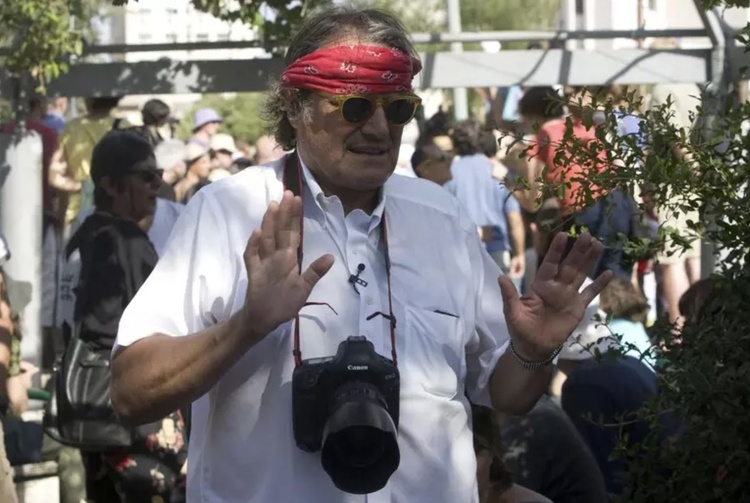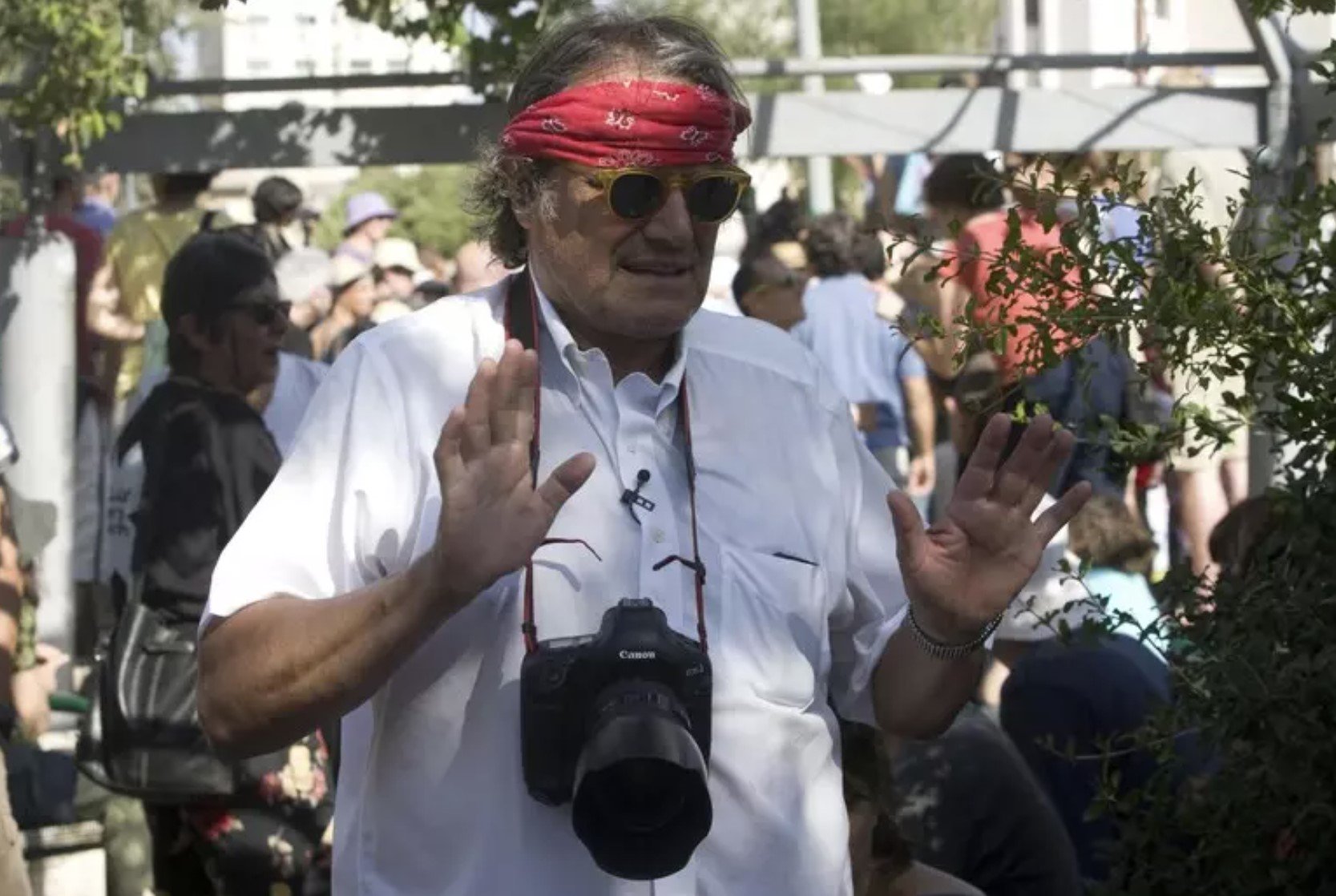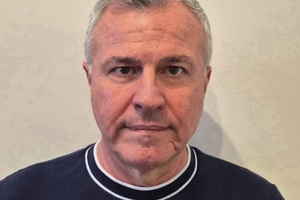“With immense sorrow, we announce that today, January 13, 2025, our beloved Oliviero has embarked on his next journey,” said the statement signed by wife Kirsti Toscani and the couple’s children Rocco, Lola and Ali.
“We kindly ask for discretion and understanding at this time,” said the note.
Toscani, whose career spanned six decades, was admitted to hospital Friday in the Tuscan town of Cecina, near his country home, in a critical condition.
On Saturday, he lost consciousness.
Back in August, the photographer had revealed to newspaper Corriere della Sera that he had a terminal disease called amyloidosis and did not know how long he had to live.
Amyloidosis is a rare disease characterised by a build-up of abnormal protein deposits in the body.
“I’ve lost 40kg in a year ... I don’t know how long I have left to live, but I’m not interested in living like this anyway,” he said.
In the interview, Toscani mentioned he was thinking of calling his friend Marco Cappato, a right-to-die activist who has accompanied many Italians to the Dignitas clinic in Switzerland despite assisted suicide being officially banned in Italy.
Toscani was born on February 28, 1942.
He followed in his father’s footsteps by becoming a photographer, studying in Zurich and pursuing a long career which he described in his 2022 book I’ve Seen It All: Life and Fortune of a Situationist.
In it, he highlighted the world he would have wanted and imagined, with a focus on issues such as the environment, immigration and racism.
Throughout his career, he worked for prominent fashion magazines such as Elle, Vogue, GQ, Harper’s Bazaar and Esquire, helping to launch models including Monica Bellucci and photographing greats such as Andy Warhol, John Lennon and Federico Fellini.
However, he achieved worldwide attention in the 1980s as creative director for Benetton, the family-owned fashion brand.
Toscani courted controversy with Benetton photo campaigns showing an AIDS sufferer as a pietà and three identical hearts labelled black, white and yellow, as well as others against war and capital punishment.
Other provocative snaps included a cheeky jean-clad backside captioned “whoever loves me, follow me,” a kiss between a priest and a nun, the faces of men condemned to death, and the body of a woman eaten up by anorexia.
Talking about his long career, Toscani said that he wanted to be remembered “not for any one photo but for my whole work, for the commitment”.
ANSA











